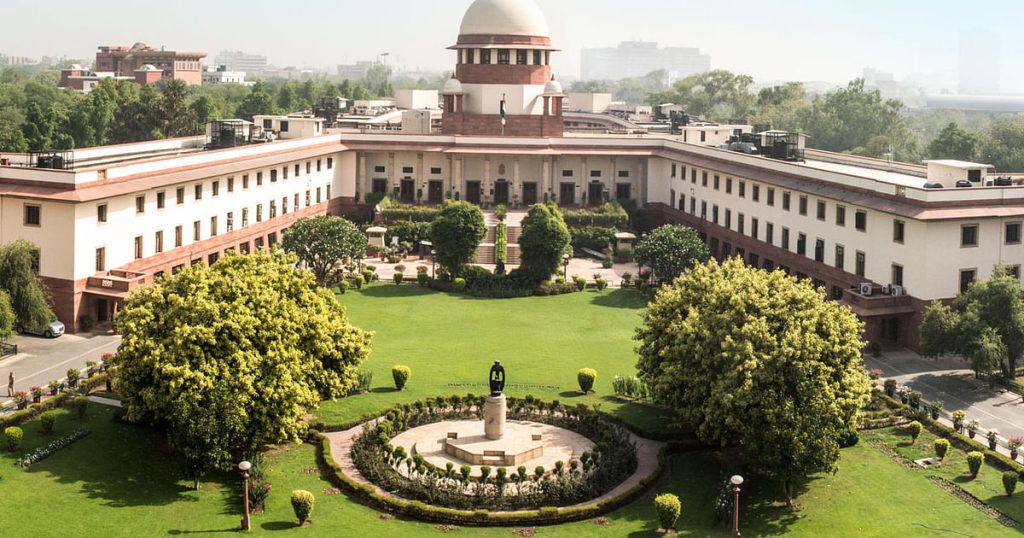A two-judge bench of the Supreme Court on Friday approved the settlement plan proposed by RCK Vallal—the promoter entity of Siva Industries and Holdings Ltd.
Founded by C Sivasankaran, Siva Industries was admitted to insolvency in July 2019, on the basis of IDBI Bank’s application.
The promoter entity had proposed Rs 328 crore as settlement amount against the financial creditors’ admitted claims of Rs 4,863 crore. The resolution for withdrawal from insolvency was approved by the committee of creditors with a majority vote of 94.23%.
The apex court said that both the NCLT and NCLAT failed to give due weightage to the commercial wisdom of the creditors’ committee when they rejected the settlement plan.
In January this year, the National Company Law Appellate Tribunal had rejected the settlement proposal saying it’s not a resolution plan but a business restructuring proposal. The National Company Law Tribunal had come to the same conclusion in August last year.
Both the courts had found the terms of the settlement ambiguous and not in line with the requirements of insolvency law.
The bench of Justices BR Garvai and Hima Kohli, however, disagreed with this view saying the apex court has always given paramount status to the CoC’s commercial wisdom, so that the IBC process is completed without judicial intervention. And that there’s an intrinsic assumption that financial creditors are fully informed about the viability of the corporate debtor and feasibility of the proposed resolution plan.
The court said that withdrawal from the Insolvency and Bankruptcy Code requires a higher approval threshold—90%—compared to what’s required for approval of resolution plans, that is 66%.
The interference would be warranted only when the adjudicating authority or the appellate authority finds the decision of the CoC to be wholly capricious, arbitrary, irrational and not in line with IBC provisions.
In Siva Industries’ case, the CoC had adequately deliberated the settlement proposal, the court noted, while dismissing the liquidation order of NCLAT.
